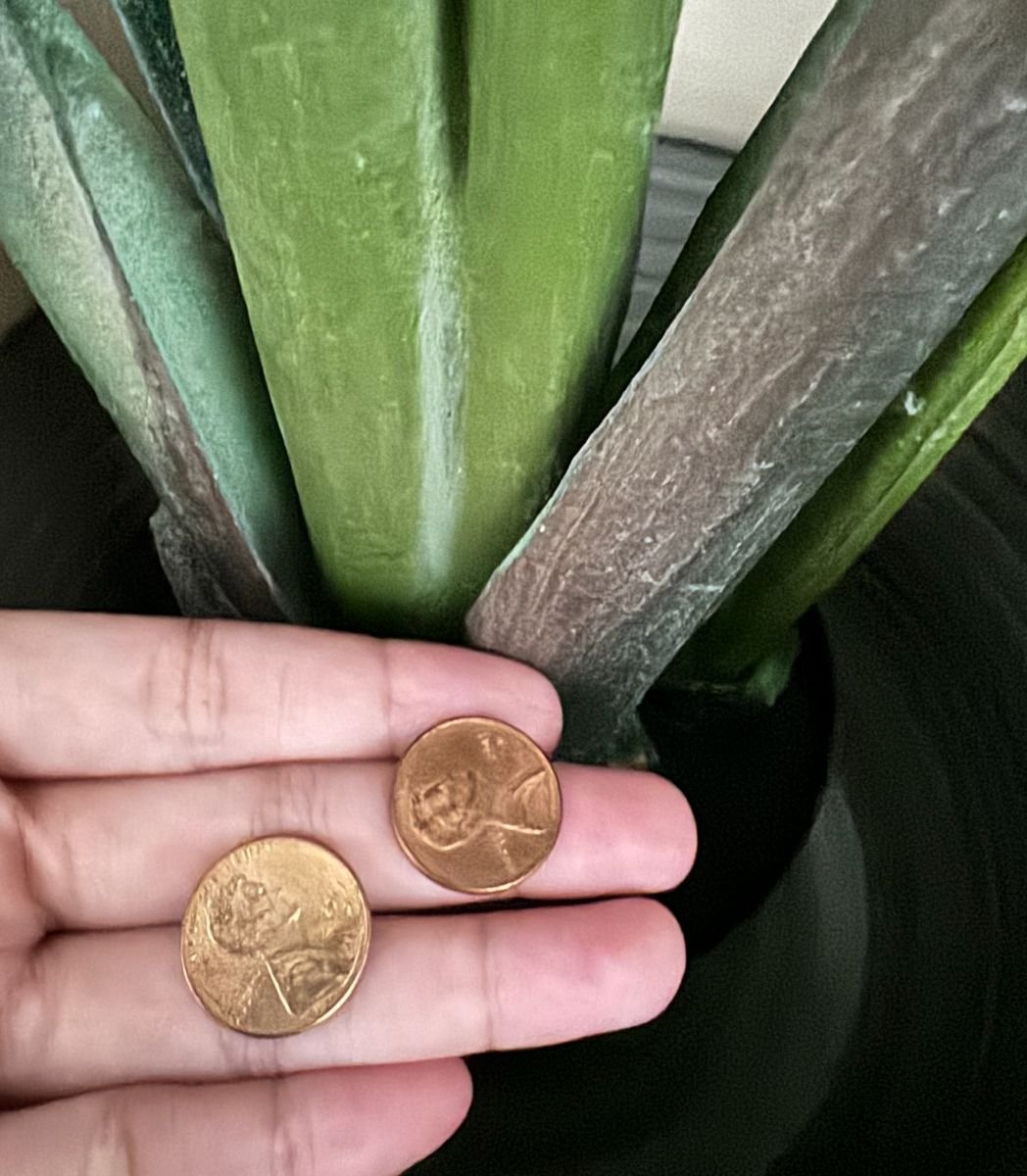Whether you are new gardener or a seasoned one, it helps to know new tricks of the trade. After all, if we didn’t experiment with new ideas, how do we better at our craft? If you long for a greener thumb, take a look over these old wives tales for the garden.
While some of these may sound a bit strange, don’t dismiss them without giving them a try. The best part? You can easily try them out as most involve items you likely already have at home.
1. Use vinegar to kill weeds

Instead of spending a lot of money on toxic chemicals to get rid of the weeds in your garden, try pouring vinegar directly on the weeds. The acetic acid will stop weed growth without damaging the soil.
2. Use eggshells in your garden beds

Eggshells provide more nutrition to your soil and also aid in plant growth. Crush dried eggshells and add them to the soil around the plant at the time of planting. As the eggshells break down, the plants will take up the calcium.
3. For a pick-me-up, drive a nail into a tree

If you have an old fruit tree in your yard that seems like she’s not producing, try driving a nail into the trunk. The idea is that this act causes stress and can jolt the old tree back to life, allowing it to bear fruit again.
4. Use Epsom salt to better fruit set

Epsom salt, when added to trees, bushes and vines that produce fruit, boosts the chlorophyll inside the plant. When plants have more chlorophyll, they have more energy. When they have more energy, they produce more sugar. More sugar means sweeter fruit for you to enjoy.
5. Use coconut water for root development

Coconut water helps with root development because it’s rich in cytokinins and gibberellic acid. This helps seeds germinate faster.
6. Use pee as fertilizer

Pee can act as fertilizer, particularly for grass or grassy plants such as corn. Why? The nitrogen content of pee is what aids in this growth. Keep in mind that you don’t want to use pee directly. Ideally you want to dilute urine with 10 parts water as the salt content might overwhelm the plant.
7. Bury pennies in your plants

Why would a gardener want to bury pennies with their plants? Because pennies contain copper, and copper is a fungicide. If untreated, fungus can cause plant damage and inhibit growth. When mixed with the soil, the metal from the penny helps kill fungal spores in the soil.
8. Use wood ash to improve garden soil

Planting a vegetable garden is a great way to ensure you eat healthier food. Unfortunately, soil acidity can undermine your efforts. Most garden goodies grow best in soil that is balanced. Test your soil with a pH kit. Adding wood ash to acidic soil can help neutralize it and make your plants happier and more productive.
9. Use milk for better soil and plant health

Using milk in your soil or compost pile can make the soil healthier because it absorbs the fats and vitamins from the milk. Some gardeners pour powdered milk directly into the soil. Others go as far as inject milk into plant stems for stronger plants and higher quality yield.
10. Use borax for ant control

While ants alone may be less harmful to gardens, aphid farms can be quite destructive. Luckily, you can control ants via a borax solution. Simply mix borax and honey (can sub for sugar syrup) into a paste. Next, apply this paste to the base stems of aphid-prone plants. Ants will begin to bring this borax mixture back to their home, thereby killing the colony.
11. Bury tea bags in your garden

Tea leaves contain tannic acid and nutrients that are natural fertilizers for a garden. As the tea leaves decompose, they release nutrients into the soil, creating a healthier growing environment. For more, check out these 7 ways to reuse old used tea bags in the garden.
